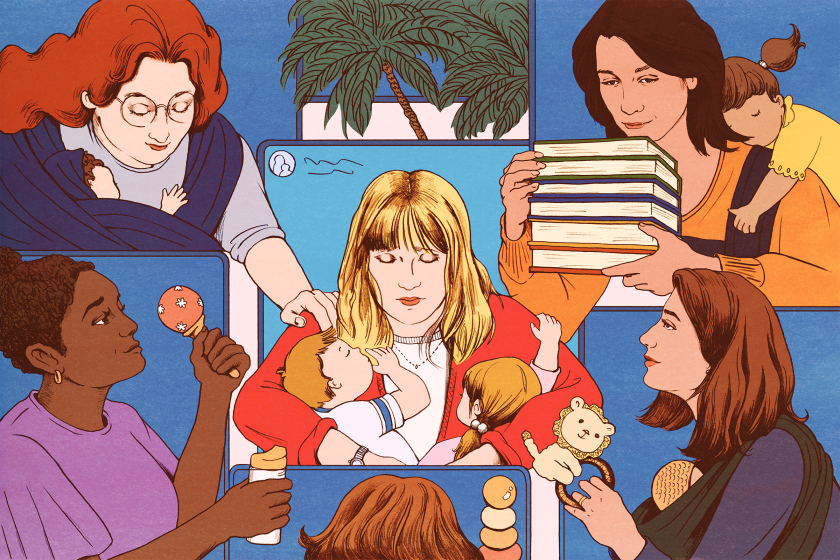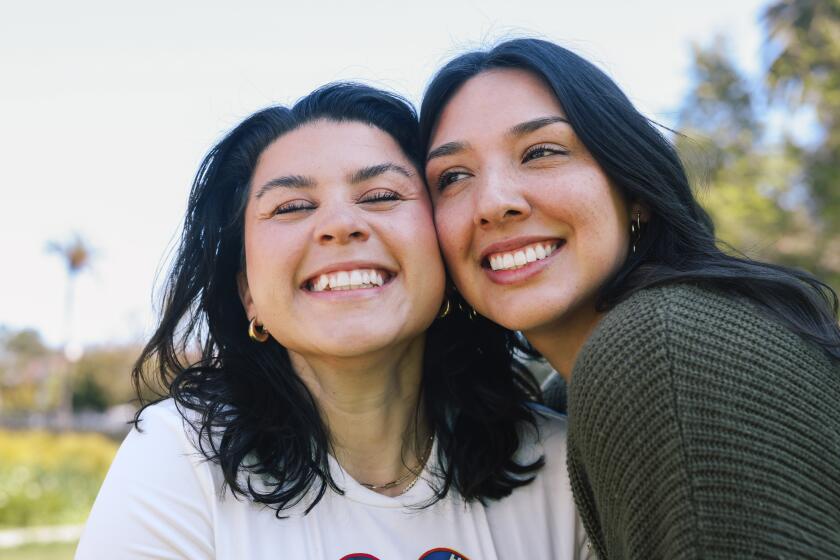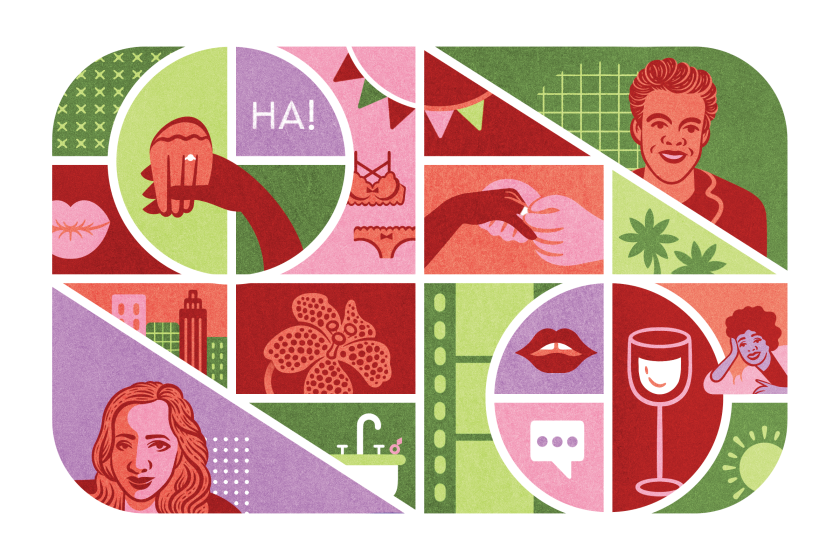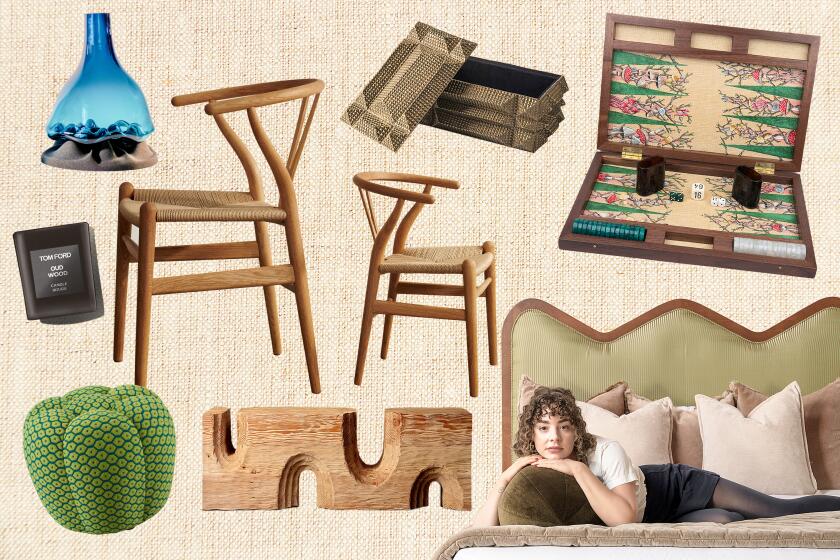Can straight married men and women be friends? I went on a quest to find out
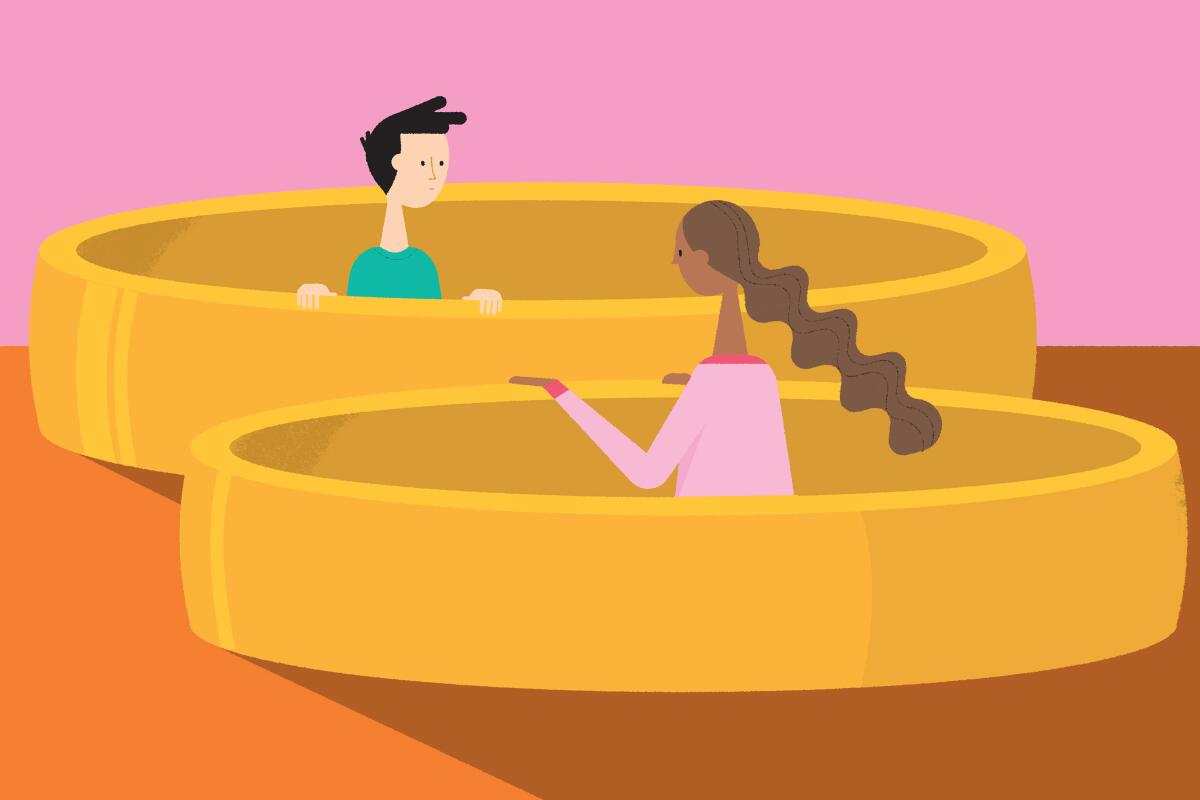
Last fall I met a guy.
He had a thick mustache and was, by my estimate, at least 10 years my junior. We happened to sit next to each other at a dinner event at my social club. I’d recently watched “Wild Wild Country,” a documentary series on a religious cult, and it was all I wanted to talk about. It turned out that he loved documentaries on religious cults too. Soon he was listing others I needed to see. We ended up discussing movies, Buddhism and his home state of Vermont for most of the night. He was funny, enthusiastic, friendly and smart. I felt lucky to have met him.
When the event wrapped up I thought about asking for his number — maybe we could get a drink sometime? But I decided against it. If he’d been a woman or gay I wouldn’t have hesitated, but we are both in committed heterosexual relationships. I in a fulfilling marriage with my awesome husband, he in what seemed like a happy relationship with his girlfriend. I didn’t want to date him, I just wanted to hang out again. But for two people in our situation, is pursuing an independent friendship even allowed?
I’ve always thought of myself as someone who seeks out male and female friends equally, but now that I’m a married mother in my 40s it seems this is no longer the case. In the last decade I’ve befriended hetero and queer women, gay men and non-binary folks. But with a few caveats, I haven’t developed new friendships with straight guys. Had I unconsciously accepted the old adage from “When Harry Met Sally” that men and women can’t be friends because “the sex part always gets in the way”?
L.A. is the unofficial sound bath capital of the U.S. Here are the 11 best to try, for every type of person.
After my encounter with the fellow religious cult documentary fan, I began to wonder how I got here and if I was the only married woman who felt this way. Was this evidence of my age, or an instinct that spanned generations? Surely our understanding of relationships has evolved since Meg Ryan faked an orgasm in Katz’s Deli.
After talking with friends and strangers, therapists and a few professors, I’ve found that the answers to my questions vary wildly, depending on who you ask. And also: there is far more at play within platonic relationships than I’d ever thought.
“It’s different for everyone,” said Gaea Woods, a marriage and family therapist who practices in Los Feliz. “It’s up to you to decide based on the relationship if it’s appropriate or not.”
Despite the impact that social connection has on our well-being, research on adult friendships is scant, and even harder to come by when considering friendships between men and women.
“We focused so long on romantic relationships to the exclusion of other relationships that we simply don’t have basic data,” said Jaimie Krems, a social psychologist at UCLA and director of the university’s new Center for Friendship Research.
The Atwater Village Moms’ Facebook Group has fostered an invite-only community where more than 6,000 parents swap recommendations, advice and emotional support.
The few studies that do exist tend to look at male and female friends in their late teens and early 20s when researchers say opposite sex friendships are more common. But in my quest for answers, I did manage to find a study from 2012 published in the Journal of Social and Personal Relationship that included a survey of older adults in their 30s and 40s who were asked to list the benefits and challenges of having a friend of the opposite sex.
Overall, people in the study reported more pros than cons. They valued the conversation, emotional support, advice and especially the insights into how members of another gender think, but they also acknowledged significant challenges. Chief among them were navigating the jealousy of a romantic partner and the possibility that the friendship could lead to romantic feelings.
I know from my own life experience that these hurdles can be overcome. I’ve had several platonic male friendships over the years and they’ve never veered into dicey territory. My husband is also remarkably OK with these relationships and has female friends of his own. (Though, speaking with friends and acquaintances, I know this isn’t true for everyone). Even so, my current straight male pals are either friends from my youth or people I’ve met through work. Forging new platonic relationships with straight men outside of these categories feels more fraught.
When I told Krems about my discomfort, she suggested it may be because I’m uncertain about how my overtures of friendship will be received by straight men who I’ve just met. It’s less complicated with old friends, she explained, because those friendships are clearly defined as platonic.
“That relationship has a script already,” she said. “You know what it is and you aren’t negotiating what it could be.”
The same is often true for work friends.
“You have this very tight, well worn schema that we are adult colleagues who are going out to talk,” she said.
But with a new friend of a different sex, the parameters of the relationship have not yet been established. If I suggest going out for a drink, a guy who doesn’t know much about me yet might assume my intentions are romantic. Or even worse, his wife or girlfriend might.
“You don’t know what the great benefits are going to be of the friendship — maybe you guys have chemistry and can be best friends, but immediately the road blocks are apparent,” Krems said.
Los Angeles Friends is a growing cohort of native Angelenos and recent transplants searching for deeper connections in Los Angeles.
When I held an informal poll of women in my community, some said they have deliberately eliminated friendships with straight men from their lives.
Anja Ahkile, a doula and mother of three young girls who lives in Beverlywood said most of her romantic relationships started as friendships — including her relationship with her husband. (They were in the friend zone for a year before they got together.) Because of that she’s developed strict boundaries around her interactions with men. When she and her husband go out with another hetero couple she’ll shake the male partner’s hand rather than offering a hug, and she’s always careful to greet the woman first. She’s also told her husband she’s not comfortable with him developing close friendships with women.
“I could be friends with someone of the opposite sex, but what happens when me and my husband are in a rough patch and there’s this other dude who is easy going and we have a bond?” she said. “There is too much potential and fertile soil for the lines to get blurred.”
Akhile says she loves her husband, but she also acknowledges that there are other men in the world who she could have fun with. Falling for one of them is a risk she doesn’t want to take.
“I don’t want to ruin my marriage, especially when overall I’m happy in my marriage,” she said.
Like Akhile, I’m in a fulfilling marriage and certainly don’t want to risk messing it up. But is total abstinence from male friendship really necessary? The friendship researchers I spoke to say they don’t yet have enough data to draw conclusions.
“We know that most friendships across cultures and across eras have really been within sex, making mixed sex friendships a little less normative,” Krems said.
External and internal ageism permeates our society. Here’s how to step away from the young is good, old is bad dichotomy and embrace getting older.
There is also some evidence that opposite sex relationships become more challenging as we age. April Bleske-Rechek, a psychology professor at the University of Wisconsin-Eau Claire and lead author of the 2012 study that looked at the pros and cons of opposite sex friendships said there is a difference between the dynamics of having a friend of another sex in early adulthood, when we are more likely to be seeking a romantic partner, and later in life when we are more likely to be in partnerships we don’t want to jeopardize.
“As people get older they are more likely to settle down with somebody and more likely to have kids, so the nature of their friendships changes,” Bleske-Rechek said. “Women in particular tend to make mom friends, and it’s just safer to go out with other couples.”
But then there’s Kendra Schussel, an environmental consultant in Burbank, and one of the few women I talked to who had developed an independent friendship with a straight married guy while in her 40s.
They started chatting while picking their kids up from an after school theater program and hit it off. The kids liked each other and the guy wasn’t working at the time, so he was able to do all the extra-curricular activities that his partner couldn’t. Over time they discovered that they both liked raunchy fart jokes and whiskey. Soon they were texting regularly. When Schussel started dating again after her divorce she talked to him about the men she was going out with. Eventually, Schussel became good friends with his wife, too.
“She never indicated to me directly or indirectly that it was a problem for her and she’s a therapist so I think she would have said something,” Schussel said. “I realize this is wildly unusual and I’m so grateful for this friendship.”
Schussel is proof that hetero opposite sex relationships are possible, but she has boundaries too. She’s touchy-feely with her female friends — linking arms, sitting close — but she doesn’t do that with her married male friends. She’s also promised herself that if she thinks she might want more from a friendship with a married man she has to end it.
In ‘The Age of Magical Overthinking,’ Amanda Montell observes how information overload and online culture have hijacked our brain’s hard-wired vulnerabilities.
“I trust myself,” she said. “I would never want to be the person who broke up a marriage or got in the way of someone else’s relationship.”
As for me, I’ve decided that while I really liked my dinner companion from the other night, I’m not going to pursue an independent friendship with him. Like Schussel, I’m confident I can keep the friendship platonic, but I don’t want to make him feel awkward by asking for his number, and I certainly don’t want to make his girlfriend suspicious that I have ulterior motives, especially when I liked her so much too.
Maybe if he and I had met in college or at a work event we would be great friends. But for now, I’ll just enjoy seeing him — and his girlfriend — together at my local social club.
She likes religious documentaries too.
More to Read
Sign up for our L.A. Times Plants newsletter
At the start of each month, get a roundup of upcoming plant-related activities and events in Southern California, along with links to tips and articles you may have missed.
You may occasionally receive promotional content from the Los Angeles Times.

